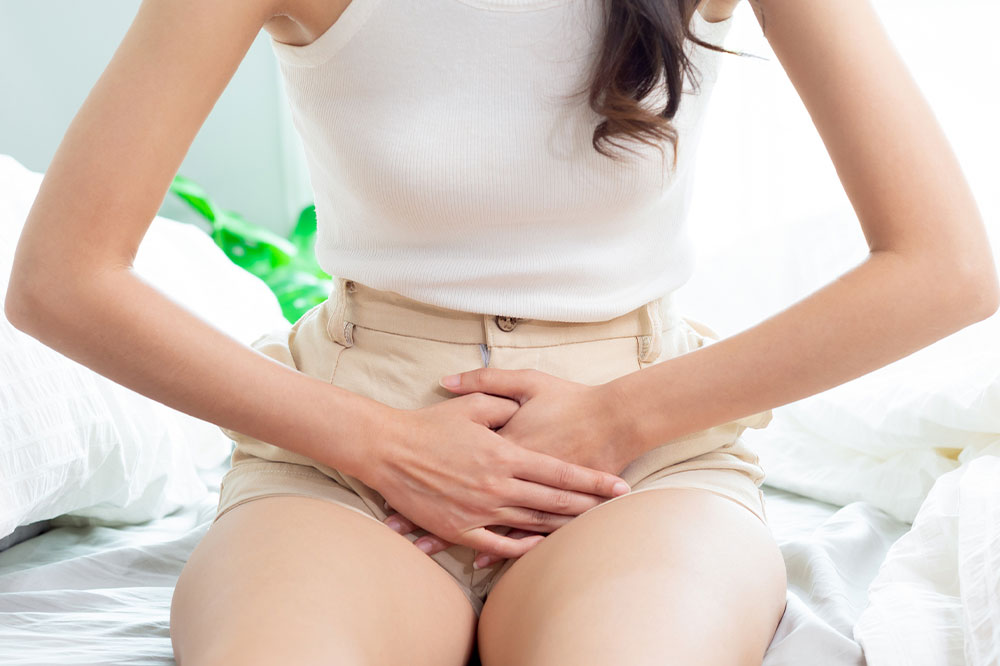6 peeing mistakes to avoid for a healthy bladder

Relieving the bladder is one of the essential routine functions to get rid of the waste and toxins that the body doesn’t need. Though it seems like an easy task, there is a right and a wrong way to urinate. Certain common mistakes can lead to a variety of short-term or long-term urinary and bladder issues. This article lists some of the most common mistakes people make while urinating. Read on to learn more.
6 mistakes to avoid for a healthy bladder
Trying to force the urine out
Humans are not made to push or strain to urinate. However, the pelvic floor and bladder are under extra stress when we push or force ourselves to urinate. The ideal way to urinate is by relaxing the body and letting it flow naturally.
Ignoring the urge to urinate
Paying attention to the bladder is important. Usually, a healthy person will have the urge to urinate every two-four hours. When one feels the urge to use the restroom, and it has been over two hours, one must go. If one must use the restroom frequently within two hours, it is best to check with a doctor for bladder problems.
Not staying hydrated
Most people will decrease their fluid intake to reduce the frequency of their restroom runs. Sadly, restricting fluid intake irritates the bladder. It is important to drink enough water throughout the day to stay hydrated and keep the bladder happy since concentrated urine irritates the bladder. Observing the color of the urine can determine whether one is consuming the recommended amount of water. The urination needs to be a light yellow color. It is unmistakably an indication that a person is dehydrated if it is dark yellow or perhaps leaning towards brown.
Not emptying the bladder completely
The bladder must be emptied entirely when one uses the restroom. People sometimes tend to rush, not emptying their bladder. This could lead to urinary infections and put unnecessary strain on the bladder. However, not emptying the bladder could be unintentional, as one might not be aware that the bladder is not empty. This condition is called urinary retention, which could be acute or chronic. If one faces this issue often, one must consult with a doctor immediately.
Drinking too much caffeine
Drinking too much caffeine can irritate the bladder and increase the frequency and urgency of passing urine. It may lead to pain and discomfort. Too much caffeine can disturb one’s daily life and, most importantly, sleeping patterns. It can also worsen symptoms of an overactive bladder.
Not exercising regularly
Physical activity can aid in the prevention of bladder issues and constipation. Regular pelvic floor muscle strengthening exercises can strengthen the muscle and help keep the urine from leaking when one sneezes, coughs, or laughs. These exercises will also help avoid infections by strengthening the muscles that help empty the bladder.
Bladder issues can disrupt life. Those with severe bladder issues may avoid social situations and struggle to complete chores at home or work. It is best to consult a healthcare provider to manage the symptoms of bladder conditions.

